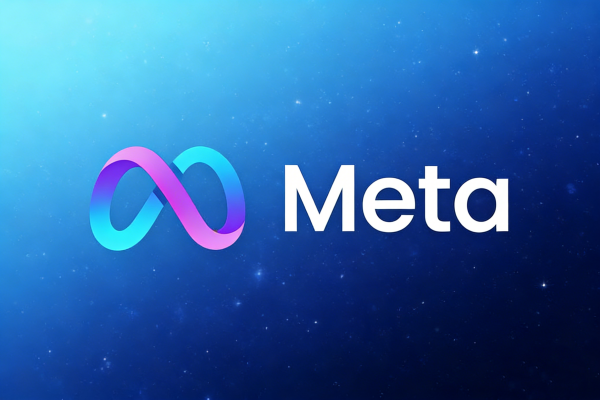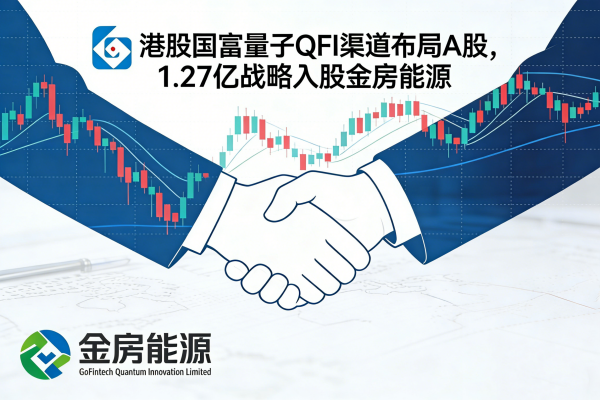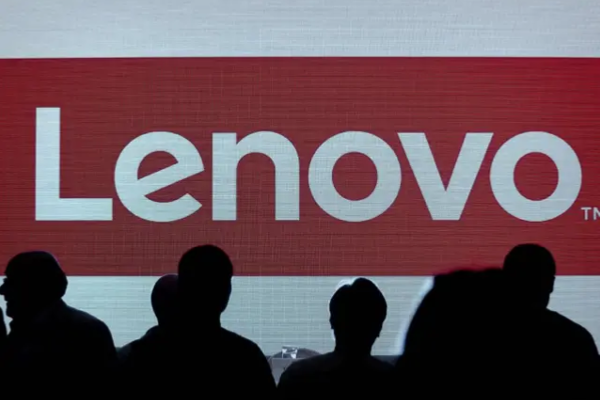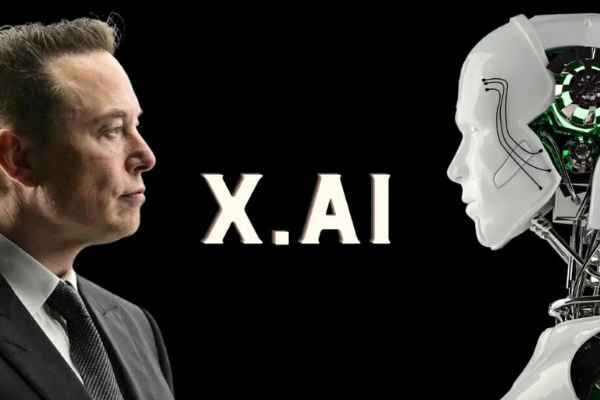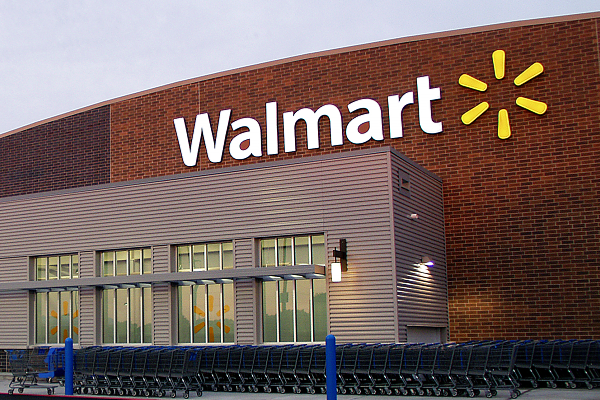Toyota, BYD, and Yamaha all integrate USDT payment: Bolivia's auto market ushers in the "digital dollar" era
Recently, Tether CEO Paolo Ardoino announced on social media that three major automakers, Toyota, BYD, and Yamaha, have officially supported USDT payments in the Bolivian market. Ardoino noted that USDT, as a "digital dollar," is gaining acceptance among hundreds of millions of users in emerging markets, and its adoption in the real economy is accelerating significantly.
This move is viewed by the industry as a key step in the transition of stablecoins from financial transactions to physical consumption, and reflects the urgent need for innovative payment methods in emerging markets facing currency challenges.
Bolivia's current dire economic situation is a key factor driving automakers to adopt USDT payments. The country is facing its worst dollar shortage since 2006, with foreign exchange reserves falling below $2 billion and a 15.7% gap between the official and black market exchange rates.
Since 2025, the Bolivian boliviano has depreciated by nearly 50%, with inflation exceeding 25%, leading to a sharp increase in demand for stable, safe-haven assets among businesses and individuals. Against this backdrop, USDT, pegged 1:1 to the US dollar, has become a crucial tool for mitigating exchange rate risks in the local market through channels such as Bisa Bank, a regulated financial institution.
Data shows that Bolivia's cryptocurrency trading volume reached $430 million in the first half of 2025, a year-on-year increase of 630%, with USDT accounting for over 80% of this.
The easing of the regulatory environment has also created conditions for the adoption of USDT payments. In 2024, Bolivia lifted its cryptocurrency ban, allowing the use of virtual assets through electronic payment tools and promoting the integration of state-owned institutions into the cryptocurrency payment system, significantly reducing corporate compliance costs.
With approximately 30% of car purchase inquiries involving cryptocurrency payments in the first half of 2025, Toyota, BYD, and Yamaha have proactively responded to market demand and adopted USDT payments as a key strategy for market expansion.
In Bolivia, where over 40% of the population lacks access to traditional banking services, USDT helps automakers reach the unbanked and high-net-worth individuals holding cryptocurrency.
In addition, USDT demonstrates significant advantages in cross-border settlements. Bolivia implements strict profit remittance controls, requiring companies to pay a 10% tax and processing time for fund transfers up to 30 days. Using USDT allows for instant cross-border transfers of sales revenue, significantly reducing the risk of fund freezes.
BYD, for example, can leverage USDT to build a closed-loop supply chain finance system, tokenizing supplier accounts receivable into real-world assets (RWAs) and achieving "transaction-as-financing." Yamaha, for example, can use blockchain technology to trace the distribution path of parts, effectively curbing the rampant gray market for smuggling in South America.
The promotion of this payment model isn't a blind experiment by automakers; it's based on established industry practices and technological expertise. For example, Tesla achieves 15% of its sales in Argentina through cryptocurrency payments, and brands like Ferrari and Fiat have also implemented crypto payments in select markets. Automakers supporting USDT need to establish comprehensive financial processing systems, blockchain payment channels, and risk management mechanisms.
The deployments of companies like BYD demonstrate their maturity in these technologies. Furthermore, Tether's current market capitalization of $172.279 billion provides ample liquidity for USDT payments.
Despite the promising prospects, associated risks should not be ignored. USDT is backed by the issuer's assets and lacks government backing, posing a certain credit risk. If Bolivia is designated a "high-risk jurisdiction" by the Financial Action Task Force (FATF) in the future, this could negatively impact the international financing environment for automakers. However, from an industry perspective, Bolivia's practice provides a replicable model for high-inflation countries like Argentina and Turkey, and is expected to promote the widespread adoption of crypto payments in Latin America.
As Paolo Ardoino noted, this development demonstrates that USDT's attributes as a "digital dollar" are gaining wider validation in the real economy.


